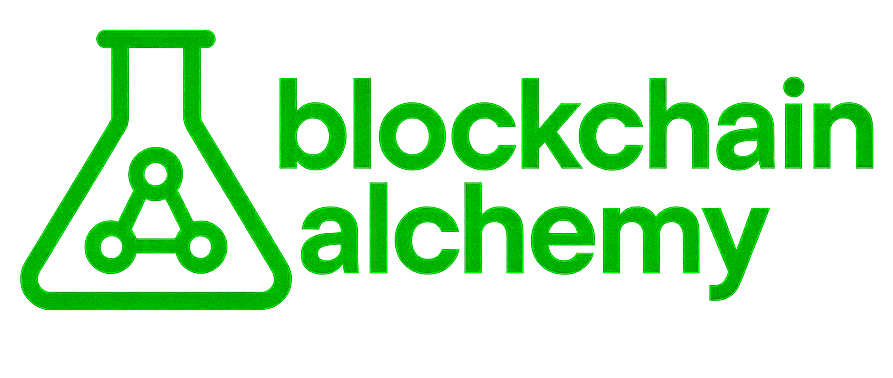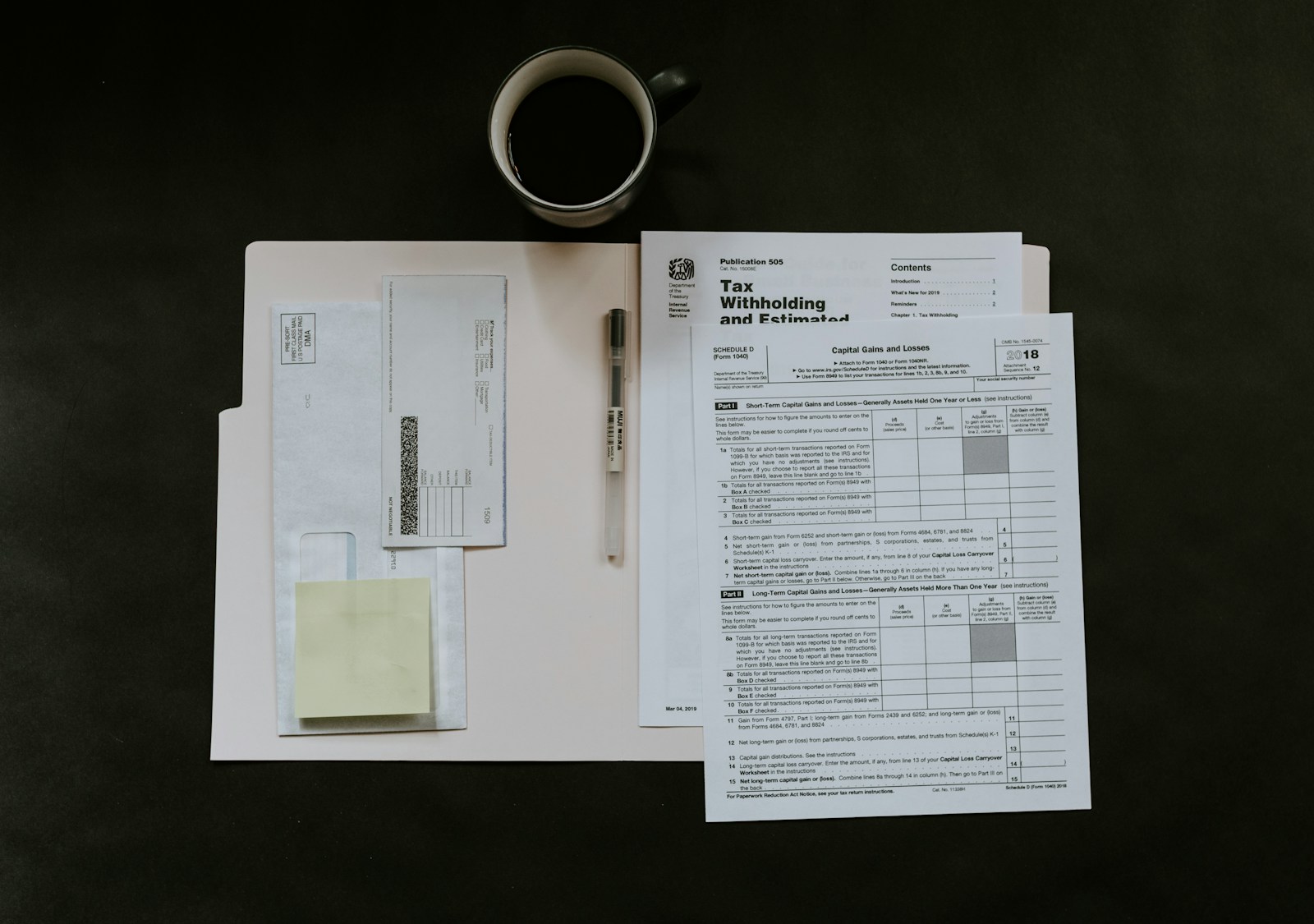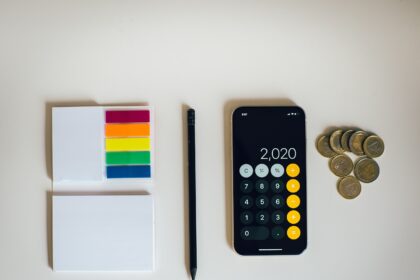Mastering your personal finances begins with gaining authority over your resources. Building practical budgeting skills allows you to allocate funds effectively, reduce unnecessary expenses, and prioritize saving goals. For example, tracking monthly spending through simple apps or spreadsheets creates clarity and helps identify areas for improvement. This hands-on approach strengthens your confidence in managing income and expenses independently.
Developing a solid understanding of debt management is key to maintaining fiscal autonomy. Learning how to compare interest rates, negotiate terms, and create repayment plans can prevent financial strain. Consider starting with high-interest debts first while maintaining minimum payments on others–this strategy accelerates debt reduction and increases control over your obligations. Acquiring these capabilities equips you with the tools necessary to make informed decisions without relying on external advice constantly.
Building investment knowledge contributes significantly to long-term economic self-sufficiency. Educate yourself about different asset classes, risk tolerance, and diversification principles gradually. Even small contributions toward retirement accounts or low-cost index funds compound over time, reinforcing independence from paycheck-to-paycheck living. Confidence grows as you witness tangible progress toward wealth accumulation driven by your own informed choices.
Cultivating financial literacy combined with consistent practice establishes enduring empowerment. Setting realistic goals, monitoring progress regularly, and adjusting strategies when needed fosters a sense of authority over your fiscal future. These steps transform abstract concepts into actionable habits that anyone can implement today to increase stability and freedom in their economic life.
Financial empowerment: taking control of money
Gaining authority over your resources requires developing specific competencies that build trust in handling funds independently. Acquiring foundational skills in budgeting, saving, and investing is crucial for fostering a sense of self-reliance and assurance in managing assets effectively.
Confidence in managing finances often stems from understanding how different systems operate, including traditional banking and emerging blockchain technologies. For instance, learning to use decentralized finance platforms can increase autonomy by reducing reliance on central intermediaries.
Building Competence Through Practical Steps
Developing expertise begins with mastering essential techniques such as tracking expenses and setting realistic goals. Utilizing tools like spreadsheets or dedicated applications enables detailed oversight of inflows and outflows, which strengthens decision-making capabilities.
A case study: Individuals who consistently monitor their spending patterns demonstrate a 30% higher likelihood of maintaining positive balances over six months compared to those relying solely on memory or occasional checks. This statistical insight highlights the value of systematic approaches in sustaining financial independence.
Incorporating knowledge about cryptocurrency wallets introduces another layer of control, since users possess private keys granting exclusive access to their assets without third-party interference. Understanding security protocols here mitigates risks associated with digital holdings and solidifies one’s authority over personal wealth.
- Set up multi-factor authentication on crypto accounts
- Regularly back up wallet seed phrases offline
- Diversify asset allocation to reduce volatility exposure
The combination of these methods cultivates not only practical skills but also the confidence necessary to navigate complex financial environments confidently and independently.
Creating a Personalized Budget Plan
Begin by accurately listing all sources of income along with fixed and variable expenses. This initial step provides a clear overview of your fiscal inflows and outflows, which is fundamental for establishing authority over your personal funds. Utilizing spreadsheet tools or budgeting applications that categorize expenditures can enhance precision and facilitate ongoing adjustments.
Next, classify expenses into essential and discretionary categories. Essential costs–such as rent, utilities, and loan repayments–must be prioritized to maintain stability, while discretionary spending offers flexibility. Assigning realistic limits to each category enables the development of a sustainable allocation strategy that supports financial independence.
Implementing Budget Tracking Techniques
Tracking actual spending against planned amounts reinforces accountability and builds confidence. Employing automated alerts from banking apps or blockchain-based wallets can offer real-time notifications about transaction activity. For example, decentralized finance (DeFi) platforms often provide transparent dashboards that display asset movement, aiding users in maintaining oversight without compromising privacy.
- Zero-based budgeting: Allocates every unit of currency a specific purpose until no surplus remains, ensuring full utilization aligned with priorities.
- Envelope method: Physically or digitally segregates funds for different expense categories to prevent overspending.
- 50/30/20 rule: Divides income into needs (50%), wants (30%), and savings/debt repayment (20%) as a balanced approach.
Integrating these methods with blockchain’s immutable ledger technology enhances transparency and reduces errors in tracking transactions. Smart contracts can automate periodic budget reviews or trigger alerts when spending exceeds predefined thresholds, increasing the user’s sense of command over their resources.
A practical example involves using cryptocurrency wallets equipped with budgeting features; users set monthly expenditure caps on categories like entertainment or groceries. When approaching limits, automated prompts encourage reassessment before further spending occurs, cultivating disciplined habits that reinforce monetary autonomy.
Cultivating personalized budgeting habits strengthens one’s ability to make informed decisions regarding resource allocation. As financial literacy increases through consistent practice and leveraging technological tools, individuals experience heightened self-assurance in managing their assets. Establishing such frameworks embodies true fiscal sovereignty by converting abstract concepts into tangible routines that safeguard long-term security and prosperity.
Tracking expenses with simple tools
To gain authority over personal finances, individuals should start by using straightforward expense tracking methods such as spreadsheets or dedicated mobile applications. Tools like Microsoft Excel or Google Sheets offer customizable templates that allow users to categorize and monitor their spending habits accurately. This approach not only builds practical skills in data organization but also provides real-time insights into where funds are allocated, promoting a sense of independence in managing one’s resources.
Mobile apps such as Mint, YNAB (You Need A Budget), or PocketGuard integrate bank accounts and credit cards securely, automating transaction tracking while offering visual summaries through charts and graphs. These platforms enhance confidence by simplifying the monitoring process, enabling users to recognize spending patterns without manual input constantly. By leveraging these technologies, individuals develop stronger command over their income and expenses, fostering informed decision-making based on verified financial data.
Practical steps for efficient expense management
Implementing an effective expense tracking routine involves several clear steps:
- Record transactions daily: Immediate entry reduces errors and improves accuracy.
- Categorize expenditures: Grouping similar costs (e.g., groceries, utilities) helps identify areas for adjustment.
- Set monthly budgets: Establish limits per category to maintain spending discipline.
- Review reports weekly: Regular analysis reinforces accountability and highlights trends.
This structured framework cultivates self-reliance and strengthens analytical capabilities necessary for sustainable fiscal management. For example, a case study involving cryptocurrency investors revealed that those maintaining detailed spend logs were less likely to make impulsive trades during volatile market phases, demonstrating increased emotional control alongside technical skill development.
A consistent commitment to these practices nurtures autonomy by transforming abstract numbers into actionable insights. Users report heightened assurance when handling personal finances due to transparent visibility of income flows versus outflows. Ultimately, mastery of these fundamental techniques equips individuals with the competence needed to navigate more complex financial environments confidently.
Building an Emergency Savings Fund
Start by allocating a fixed percentage of your income toward an emergency reserve to ensure independence during unexpected situations. Financial authority over resources grows when you systematically accumulate funds that cover at least three to six months of essential expenses. This buffer reduces reliance on credit or loans, thereby preserving long-term stability and confidence in decision-making.
Developing the skills needed to manage such a fund involves tracking expenditures and identifying areas for consistent savings. Utilizing budgeting tools or automated transfers can simplify this process, reinforcing discipline and enhancing your ability to maintain steady contributions without disruption. These practices form the foundation for sustained economic self-reliance.
Key Steps to Establish and Maintain Your Reserve
Begin by assessing monthly outflows including housing, food, healthcare, and utilities. Prioritize liquidity by choosing accessible accounts such as high-yield savings or money market options that offer quick withdrawals with minimal penalties. Avoid tying these funds in volatile assets; instead, focus on preserving principal while earning modest interest.
Consider case studies where individuals without emergency cushions faced financial distress during job loss or medical emergencies. In contrast, those with prepared reserves exhibited greater resilience and reduced stress levels. This demonstrates how proactive accumulation directly influences control over unforeseen challenges.
- Set clear targets: Define the exact amount required based on your lifestyle and obligations.
- Create incremental goals: Break down total savings into manageable monthly objectives.
- Monitor progress: Regularly review balances and adjust strategies as needed.
The psychological impact of having a robust safety net cannot be overstated. Confidence gained from knowing you possess sufficient resources fosters better judgment when facing financial decisions. This sense of autonomy strengthens motivation to improve overall fiscal literacy and enhances competence in managing complex monetary systems like cryptocurrencies or blockchain assets safely.
Incorporating digital wallets alongside traditional banking can diversify holding methods for your emergency reserve, offering additional security layers against cyber threats while maintaining control over assets. Educate yourself on multi-factor authentication and cold storage techniques to safeguard these reserves effectively, thereby building trust in your own capacity for safeguarding resources long-term.
A gradual approach combined with ongoing education sharpens skills necessary for prudent stewardship of personal reserves. Embrace small but consistent efforts; each step forward increases independence from external uncertainties while cementing a foundation of confidence rooted in preparedness rather than reactionary measures.
Conclusion: Mastering Debt Reduction through Strategic Financial Authority
Developing the expertise to systematically reduce and manage liabilities grants individuals true sovereignty over their economic resources. By applying targeted budgeting algorithms, leveraging blockchain-based transparency tools, and utilizing decentralized finance (DeFi) platforms for smarter lending terms, users gain unparalleled command of their fiscal obligations. This technical approach not only strengthens personal capabilities but also cultivates greater self-reliance in managing complex monetary flows.
Confidence in handling debt emerges from continuous refinement of analytical skills–such as tracking interest compounding patterns or optimizing repayment schedules via programmable smart contracts–and manifests as increased autonomy. As distributed ledger technologies mature, they promise enhanced visibility into credit histories and automated compliance checks that further support independent decision-making. These advancements collectively empower users to assert genuine jurisdiction over their financial trajectories with measurable efficiency.
Key Insights and Future Directions
- Algorithmic Budgeting: Employing AI-driven expense categorization facilitates precision in allocating funds toward debt reduction without sacrificing liquidity.
- Decentralized Credit Scoring: Emerging blockchain models provide immutable records that improve borrowing conditions by authenticating trustworthiness beyond traditional systems.
- Smart Contract Automation: Programmable repayments enable adherence to optimal payoff timelines, minimizing accrued charges and accelerating freedom from indebtedness.
- Enhanced Data Transparency: Open ledgers allow real-time monitoring of liabilities, fostering proactive adjustments before financial strain intensifies.
The trajectory of these innovations points toward a future where financial independence is no longer hindered by opaque procedures or predatory interest frameworks. Instead, individuals equipped with precise tools and actionable insights will confidently dictate the pace at which they dissolve debts, reinforcing authority over their economic pathways. Encouraging this shift requires sustained education initiatives that build proficiency step-by-step while maintaining accessible entry points for all levels of familiarity.
This evolving ecosystem promises not only improved fiscal discipline but also a broader cultural shift–where accountability intersects with technology to create a resilient foundation for personal wealth sustainability. By embracing these methodologies today, readers position themselves at the forefront of a movement toward true monetary sovereignty supported by transparent, verifiable protocols designed for lasting independence.





